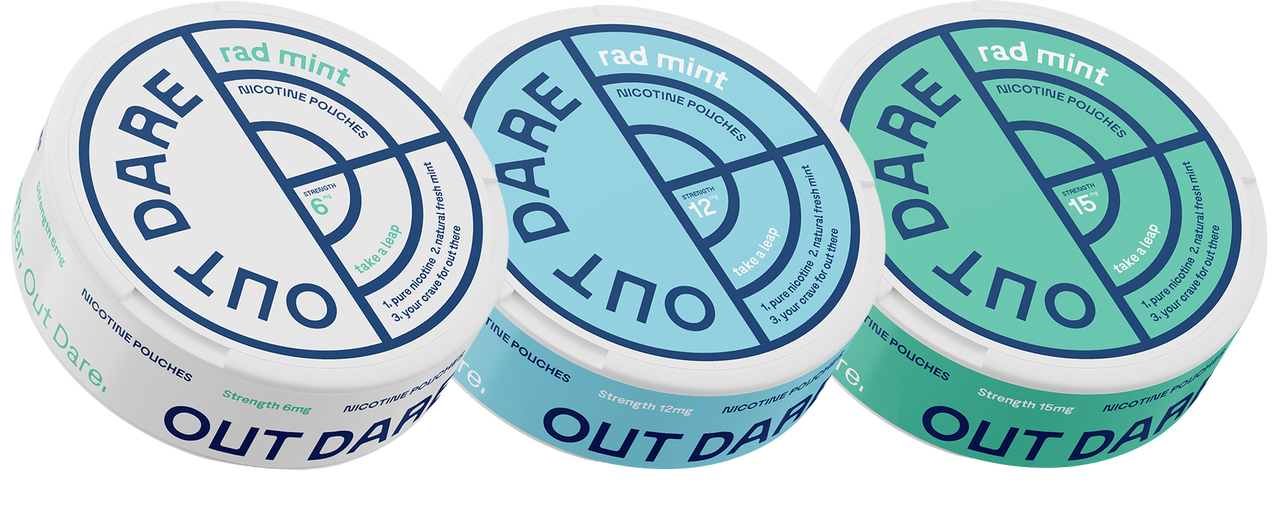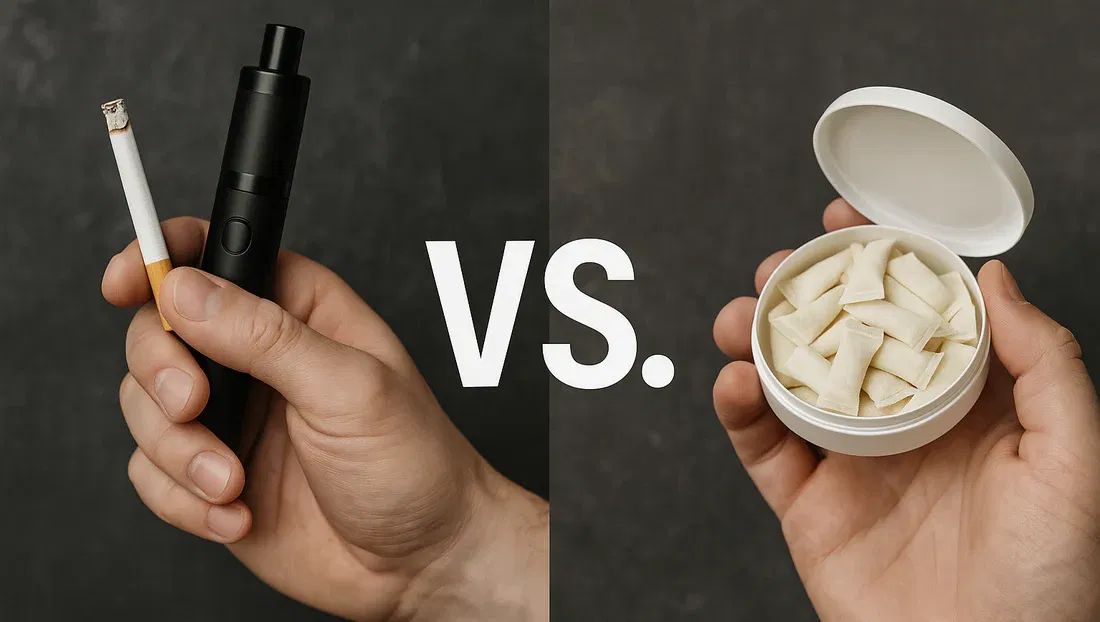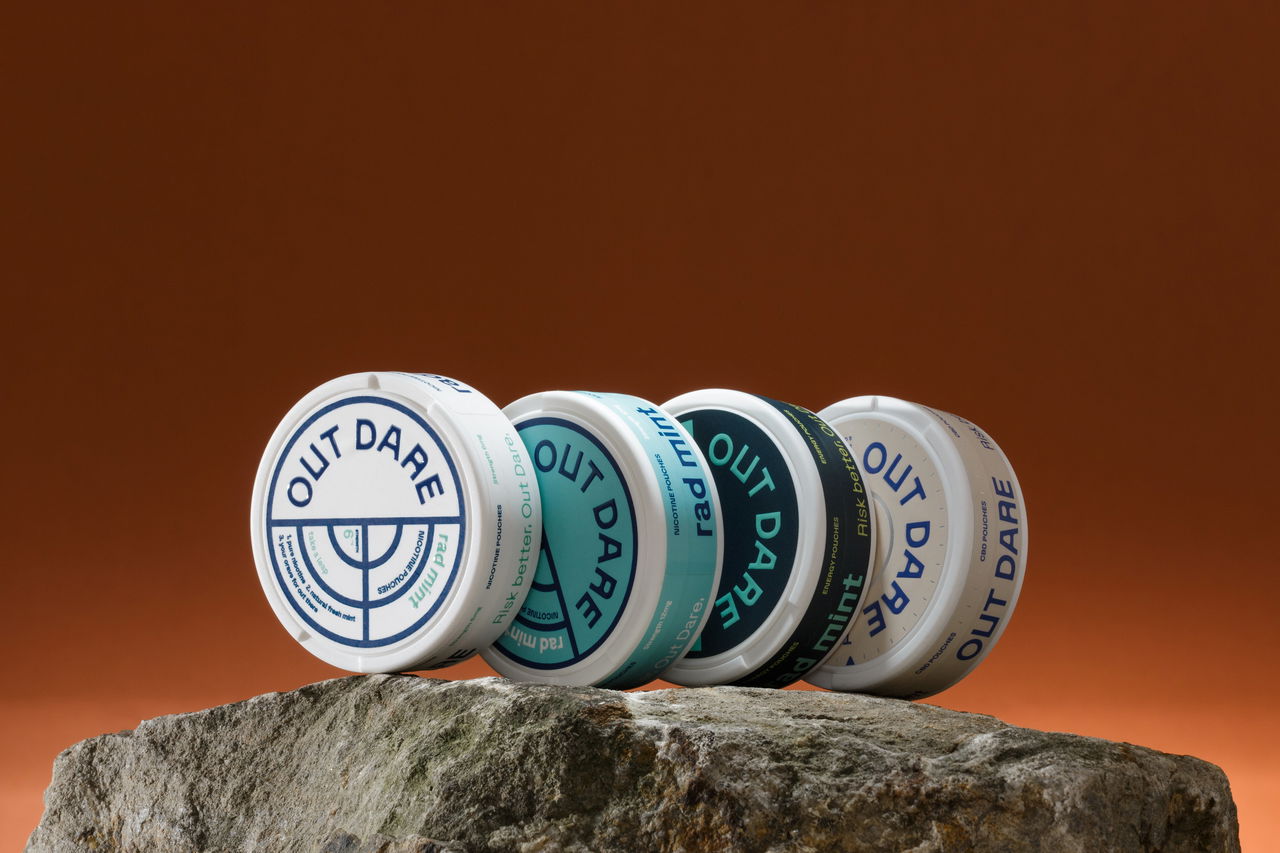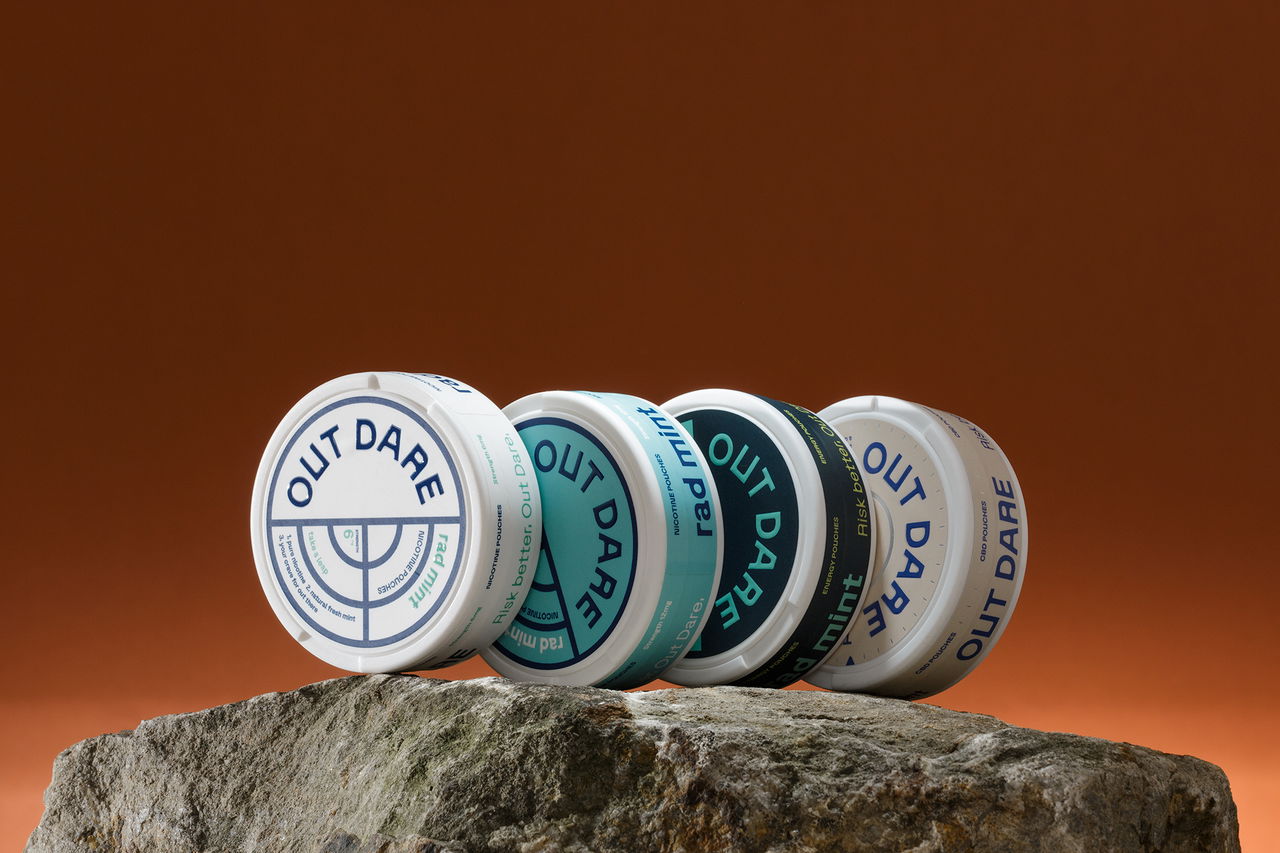Are Nicotine Pouches Bad for You? Understanding the Health Effects

Written by
Published
Mon, 11/08/25
In recent years, nicotine pouches have emerged as a popular alternative for nicotine consumption. As their use grows, so does the curiosity and concern surrounding their potential health effects. This article aims to shed light on what you need to know about nicotine pouches and whether they pose significant health risks.

What You Need to Know About Nicotine Pouches
What is a Nicotine Pouch?
A nicotine pouch is a discreet, small, pre-portioned product designed to deliver nicotine without the need for combustion or tobacco leaves. These pouches are typically made from a synthetic or plant-based material and contain nicotine, flavorings, and other food-grade ingredients. Brands like Zyn are prominent examples in the market. The primary appeal for many is the ability to use nicotine without the smoke or vapor associated with cigarettes or e-cigarettes, making them a less obtrusive option for nicotine use.
Product Type
Tobacco Content
Nicotine Pouches
No tobacco
E-Cigarettes
No tobacco
Traditional Smokeless Tobacco (e.g., chewing tobacco, snuff)
Contains tobacco
How Do Nicotine Pouches Work?
Nicotine pouches are designed for oral use, placed between the gum and the lip. Once positioned, the nicotine is released from the pouch and absorbed through the oral mucosa directly into the bloodstream. This method of delivery allows users to experience the effects of nicotine without having to inhale any harmful chemicals or tobacco smoke. The slow and steady release of nicotine can help manage nicotine cravings and withdrawal symptoms, particularly for those trying to quit smoking. However, it's important to acknowledge that while they don't involve inhalation, the nicotine itself is still highly addictive.

Comparing Nicotine Pouches to Other Nicotine Products
When comparing nicotine pouches to other nicotine products, several distinctions become clear. Traditional cigarettes involve burning tobacco, releasing thousands of harmful chemicals, making them a significant public health concern due to well-documented health risks. E-cigarettes, or vaping, heat a liquid to create an aerosol that users inhale, avoiding tobacco combustion but still exposing users to various chemicals and nicotine. Nicotine pouches are often seen as a form of oral nicotine, similar in some respects to nicotine gum or lozenges used in nicotine replacement therapy (NRT). While they may reduce exposure to some harmful compounds found in smoked or vaped products, the nicotine content can still lead to nicotine dependence and addiction.
The Health Risks of Using Nicotine Pouches
Potential Side Effects of Nicotine Pouches
While nicotine pouches are often marketed as a safer alternative to traditional tobacco products, they are not without potential side effects. Users may experience local irritation in the mouth, such as gum irritation, soreness, or even gum recession, due to the direct contact of the pouch with the oral mucosa. Other immediate side effects can include hiccups, nausea, and lightheadedness, particularly for new users or those consuming higher levels of nicotine. The highly addictive nature of nicotine means that consistent use can quickly lead to nicotine dependence, making it challenging for individuals to cease using the product without experiencing withdrawal symptoms. It's crucial for users to be aware of these potential short-term health effects when considering the use of nicotine pouches.
Nicotine Pouches vs. Smoking Cigarettes
When comparing nicotine pouches to smoking cigarettes, it's evident that pouches offer reduced exposure to many of the harmful chemicals found in tobacco smoke. Cigarettes involve the combustion of tobacco leaves, releasing thousands of toxic compounds and carcinogens that are directly linked to a multitude of severe health risks, including various cancers, heart disease, and respiratory illnesses. Nicotine pouches, on the other hand, deliver nicotine without combustion, smoke, or vapor, thereby eliminating exposure to many of these known carcinogens and respiratory irritants. While nicotine pouches may present a lower risk in some aspects compared to traditional smoking, they still contain nicotine, a highly addictive substance, and their long-term health effects are still being extensively researched by public health bodies.

Long-Term Health Risks Associated with Nicotine Use
Despite the absence of tobacco combustion, the long-term health risks associated with chronic nicotine use through products like nicotine pouches are a significant concern. Nicotine itself is a psychoactive and highly addictive chemical that can have various physiological effects on the body. Prolonged nicotine dependence can impact cardiovascular health by increasing heart rate and blood pressure, potentially contributing to cardiovascular disease over time. Furthermore, concerns exist regarding the potential impact on brain development, particularly for young adults, as nicotine exposure during critical developmental periods can have lasting effects. While research is ongoing to fully understand the long-term effects of nicotine pouches, it's clear that the addictive nature of nicotine poses a substantial public health challenge, making it difficult for users to quit using nicotine products once they are addicted to nicotine.
Nicotine Pouches and Smoking Cessation
Can Nicotine Pouches Help You Quit Smoking?
The role of nicotine pouches in smoking cessation is a topic of increasing discussion among public health professionals and individuals trying to quit. While nicotine pouches deliver nicotine, which is the addictive component of tobacco, they do so without the harmful chemicals associated with burning tobacco leaves in cigarettes. This characteristic leads some to consider them as a potential harm reduction tool or a step towards quitting smoking. For individuals looking to end their nicotine dependence entirely, the goal is often to reduce and eventually eliminate all forms of nicotine use. However, for those who struggle with traditional methods of quitting, nicotine pouches may offer a less harmful alternative to cigarettes, potentially aiding in a transition away from smoking, but their long-term health effects as a cessation aid still require more robust research.
Alternatives to Smoking: Gum, Vaping, and Pouches
When exploring alternatives to smoking, various nicotine products are available, each with its own profile of health effects and methods of nicotine delivery. Understanding these distinctions is crucial for individuals weighing their options, as each alternative presents different considerations regarding harm reduction and the journey toward eliminating nicotine use.
Product
Method of Nicotine Delivery
Nicotine gum and lozenges
Designed to reduce withdrawal symptoms and cravings, helping individuals quit smoking by providing controlled levels of nicotine without tobacco.
Vaping (e-cigarettes)
Inhaling an aerosol, which, while free of tobacco combustion, still raises concerns about the potential health effects of inhaling various chemicals.
Nicotine pouches
Delivering nicotine through absorption in the mouth, without smoke, vapor, or tobacco leaves.
Strategies for Effectively Using Nicotine Pouches
For those who choose to use nicotine pouches as a step towards smoking cessation, implementing effective strategies is key. It's important to approach their use with the clear goal of reducing reliance on nicotine and eventually achieving complete nicotine abstinence. This can involve gradually decreasing the strength of the nicotine pouches used over time, mimicking the titration approach seen in other nicotine replacement therapy methods. Users should also be mindful of the frequency of use to avoid simply replacing one form of nicotine dependence with another. Consulting with healthcare professionals can provide personalized guidance, helping individuals develop a structured plan to manage nicotine withdrawal symptoms and address the psychological aspects of quitting, ensuring that nicotine pouches serve as a bridge to a smoke-free and ultimately nicotine-free life, rather than a permanent substitute.

Understanding the Misconceptions About Nicotine Pouches
Are Nicotine Pouches Bad for Your Health?
A common question surrounding nicotine pouches is whether they are bad for your health. While they are often presented as a less harmful alternative to traditional cigarettes because they don’t contain tobacco leaves and don’t involve combustion, it is crucial to understand that they are not risk-free. The primary concern is their nicotine content, as nicotine is a highly addictive substance. Long-term nicotine use, regardless of the delivery method, can lead to nicotine dependence and has potential cardiovascular health effects, such as increased heart rate and blood pressure. Additionally, local oral health issues like gum irritation or recession can occur. While the health risks associated with nicotine pouches may be fewer compared to smoking, public health advisories emphasize that any product containing nicotine carries inherent risks, especially for young adults, and that the safest option is to avoid all nicotine products.
Common Myths Surrounding Smokeless Tobacco Products
There are several common myths surrounding smokeless tobacco products, including the relatively newer nicotine pouches, that often lead to misunderstandings about their health effects. One prevalent myth is that because they are smokeless, they are entirely harmless. This overlooks the fact that they still contain nicotine, an addictive chemical with its own set of potential health risks. Another misconception is that all smokeless tobacco products are the same; however, nicotine pouches don’t contain tobacco, unlike traditional chewing tobacco or snuff, which contain tobacco leaves and can expose users to tobacco-specific carcinogens. Clarifying these distinctions is vital for public health education, ensuring that consumers have accurate information about the substances they are putting into their bodies and the true health implications of nicotine use and smokeless tobacco products.
Long-term Effects of Nicotine Use
The long-term effects of nicotine use on male fertility are a significant concern.
Chronic exposure to nicotine, whether through cigarette smoke, nicotine pouches, or other nicotine products, may cause lasting damage to the sperm DNA. This damage can affect not only the ability to conceive but also the health of future offspring. The cumulative impact of nicotine exposure can lead to persistent male infertility and reduce the chances of successful reproduction since nicotine may cause permanent damage.
What Research Says About Nicotine Pouch Safety
Current research on nicotine pouch safety is evolving, but initial findings and expert consensus provide some insights. Studies generally suggest that nicotine pouches may present lower health risks compared to combustible cigarettes due to the absence of tobacco combustion and the thousands of harmful chemicals produced by burning tobacco. This positions them as a potential harm reduction tool for individuals who would otherwise smoke. However, research consistently highlights that nicotine pouches still deliver nicotine, meaning they carry the inherent risks associated with nicotine use, including nicotine dependence, potential cardiovascular effects, and oral health concerns like gum irritation. The long-term health effects, particularly concerning prolonged exposure and the impact on young adults, are still subjects of ongoing investigation, and public health bodies continue to monitor their use and encourage those who don't already use nicotine to avoid them, and those who are trying to quit, to consider cessation of all nicotine products.

















